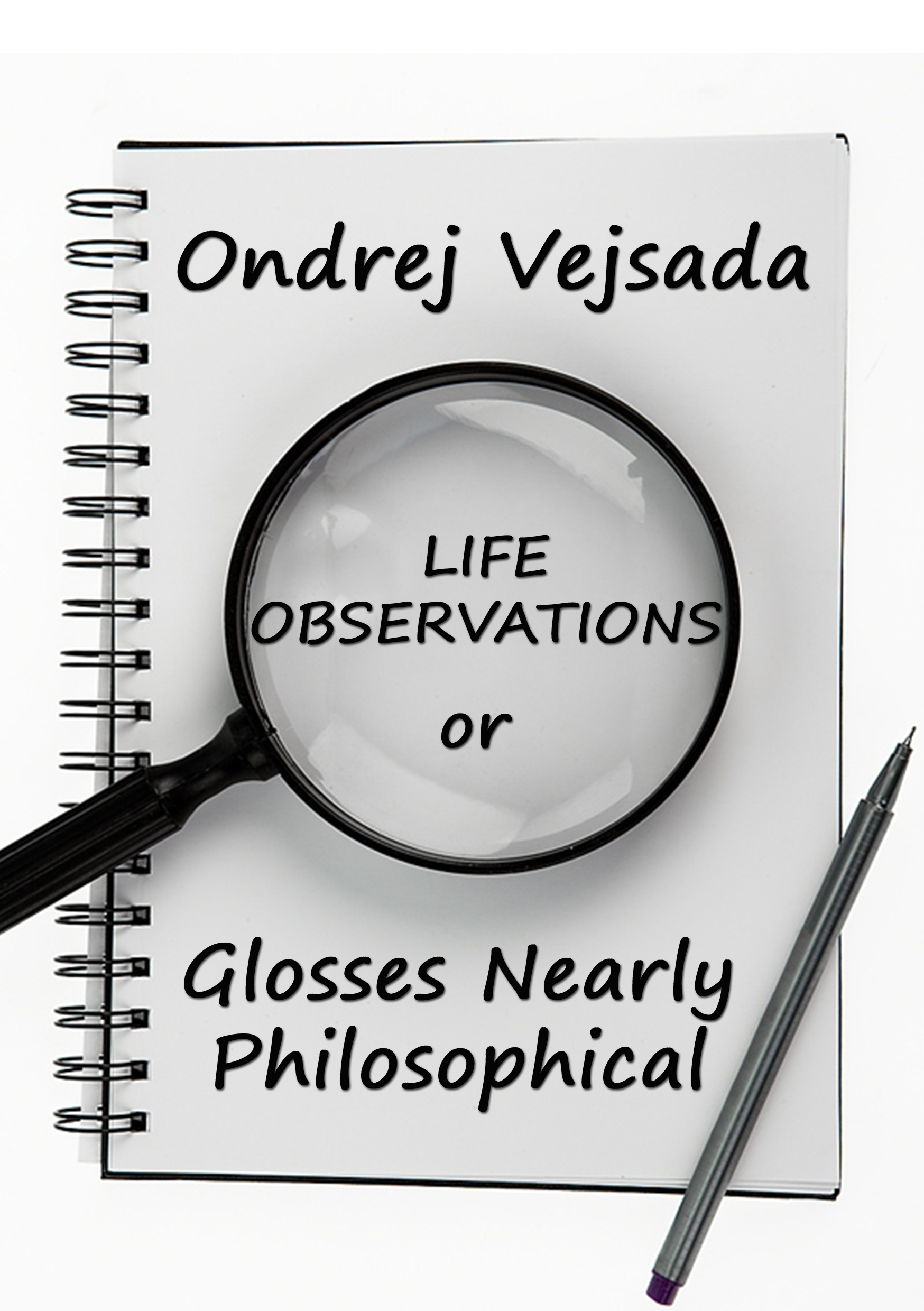
Television, movies or the power of moving pictures
You know, I love movies, and in hindsight I have to admit that they have had a much greater influence on me than I would ever have admitted. Here’s the thing. In this book, I am constantly trying to describe my observations of how the Universe, the world, we as humanity and individuals function. Now – how many screenwriters, directors, or even actors do you think try to do the same? Very few, right? The only one I can think of that comes to mind on a „first good“ basis is Dustin Hoffman and his preparation for the film Rain Man, where he supposedly spent several months in a mental institution to perfectly absorb the atmosphere and observe the behavior of the particular type of disability he was then supposed to represent in the film. Certainly the question is in place – why would they, right? After all, that’s not what the film, story, description, etc. is about. Yes, you’re right – it isn’t. And that’s where I see the difficulty. If we still keep that distance in our minds, that it is a film, that it doesn’t work like that in real life (even if there is a note something like = filmed according to a real event – an event maybe, but not according to real emotions, real experience), that there is a crew in the background around everything, that it is maybe the tenth flap of the same shot, the same scene, etc. – The story usually draws us into the story so much that we start to believe and experience the situation as real – often almost as our own experience – see grandmothers who experience endless soap operas and their troubles as almost the problems of their own family – not to mention if there is a death in the story…
So what’s wrong with that? Where is the fault? Well… we’ve said it doesn’t work that way = I wouldn’t dare to judge it as „wrong“ or a mistake, etc. though. However, there is a fundamental distortion or, in other words, an omission of the basic principles of our existence. So what? You may still be asking. We quite often take this filmic statement as the truth, a real description and even as a general statement of how it is!
So what do we learn or not learn? For example, even in the description of a „real event“ we only get the view of one party, at most two. What is missing is the action-reaction (i.e. most of the time – see exceptions). Then it is also very easy to know whether the author of the script is a woman or a man. Have you noticed this too? In what way? Again, I’ll grossly oversimplify and lump us into one box. Men focus on constructions, facts. Women focus on emotion, experience, etc. That’s also why most men can’t watch purely „feminine“ romantic movies – they just find it embarrassing, often even pathetic…and women don’t like sports or war movies either, do they? 🙂 It’s simply a fiction, a fiction in which we get to know the author’s thinking and get a glimpse into his universe, but we learn nothing about the real nature of our existence.
For example, if you look at almost any treatment of Casanova’s life, you will have the feeling that women will fall into your arms all by themselves, and their almost only interest is to experience intimacy with you – but then you go out on the street and? Of course, nothing 😀 Or if you watch a female romantic movie, you will expect men to behave with understanding, tenderness and openness. For example, Tarzan, the man of the wilderness, expresses in beautiful language the deep feelings he has for you, and instead you meet a Neanderthal who squeezes out a gossipy blather full of stylistic errors, „I Tarzan, you Jane, here bed, we sex.“ 😀
And so suddenly the supposed rule of some nuns who supposedly hardly go to the cinema at all and don’t even watch TV (for the record – not that I’m recommending that one, not by any stretch of the imagination) doesn’t seem quite so incomprehensible. This is perhaps because they realise how these images (supported by music etc.) are imprinted in our minds and we cannot forget them even years later and most importantly – they shape us and our views, our world views. They say they go to the cinema only a few times in a lifetime, and that too for a worthy religious film, and then they „live“ from it for years – or so the story goes, dear children 😉 What do you think? 😉
Oh, and applications for our overall „bookish“ thinking? Our agendas might as well be described as the scripts by which we act and by which our lives unfold. The moment we have created that program, it is like we have accepted a role in a movie = we have accepted, for example, the role of a victim who experiences all kinds of troubles. We empathize with her and learn the corresponding text: ‚How could this happen to me? Why is this happening to me? Life is unfair, it sucks.“ etc. But for this game we need several teammates, fellow players and so with our energy we unconsciously tear down our surroundings to play this tragedy with us – and so the others often scold, hurt or ignore us = in short, behave in such a way that the game, the performance works out nicely 😉
So we live the stories of our lives. Stories actually accompany us all our lives. If you feel sad try to look at your life as a book. How do you think it will turn out, how will it continue and what will be in the next chapter? Suddenly, it’s one big, exciting adventure. Try to…